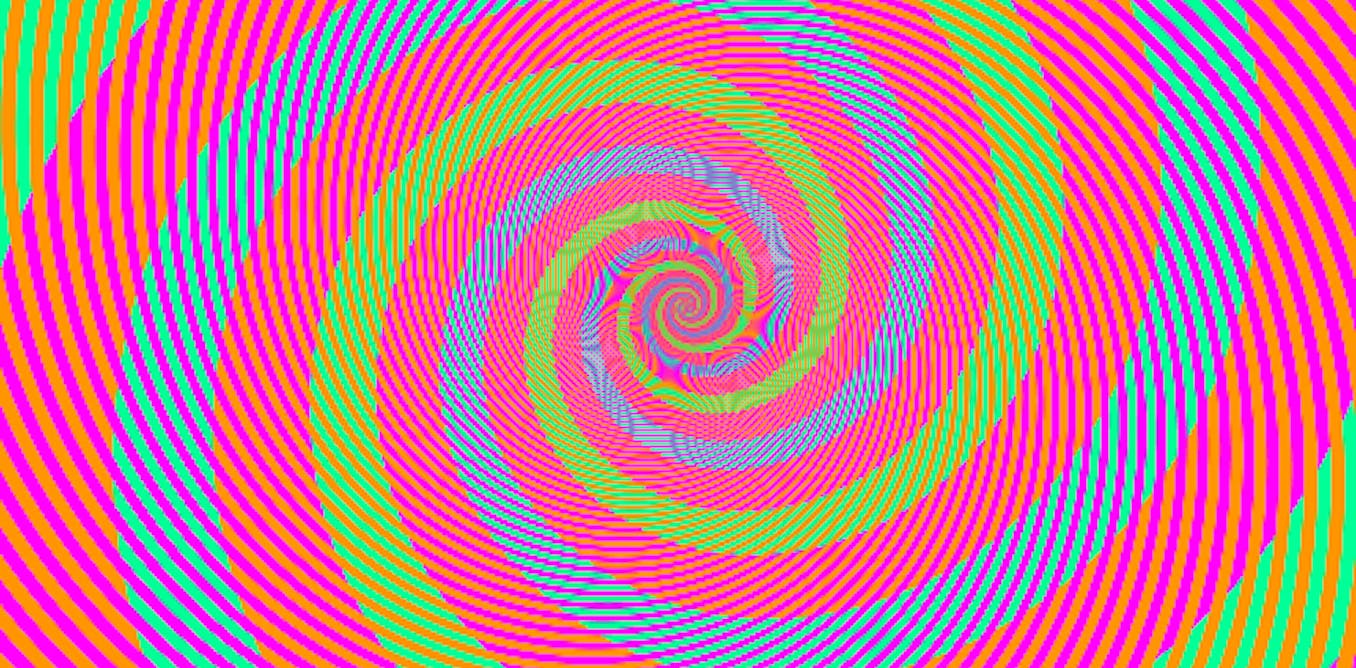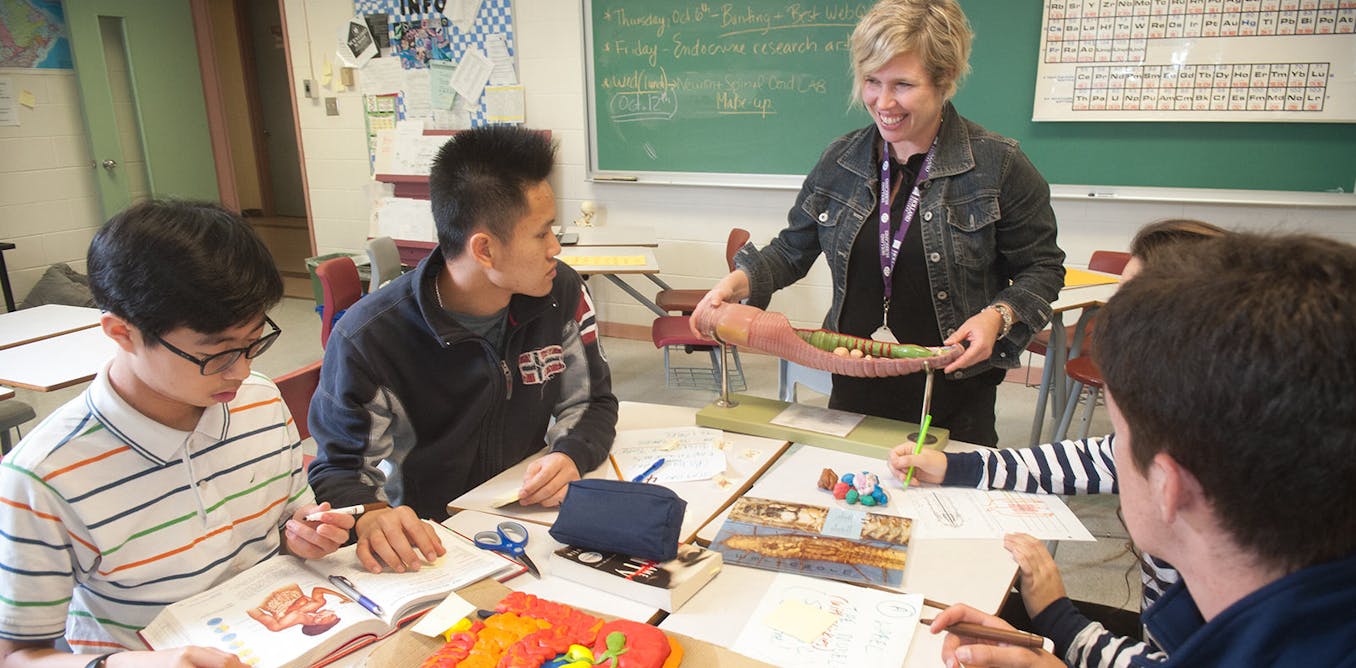Colors are objective, according to two philosophers − even though the blue you see doesn’t match what I see
An object’s color appears differently under different lighting and against different backgrounds − for different viewers. But that doesn’t mean colors are subjective.
April 25, 2025 • ~9 min









